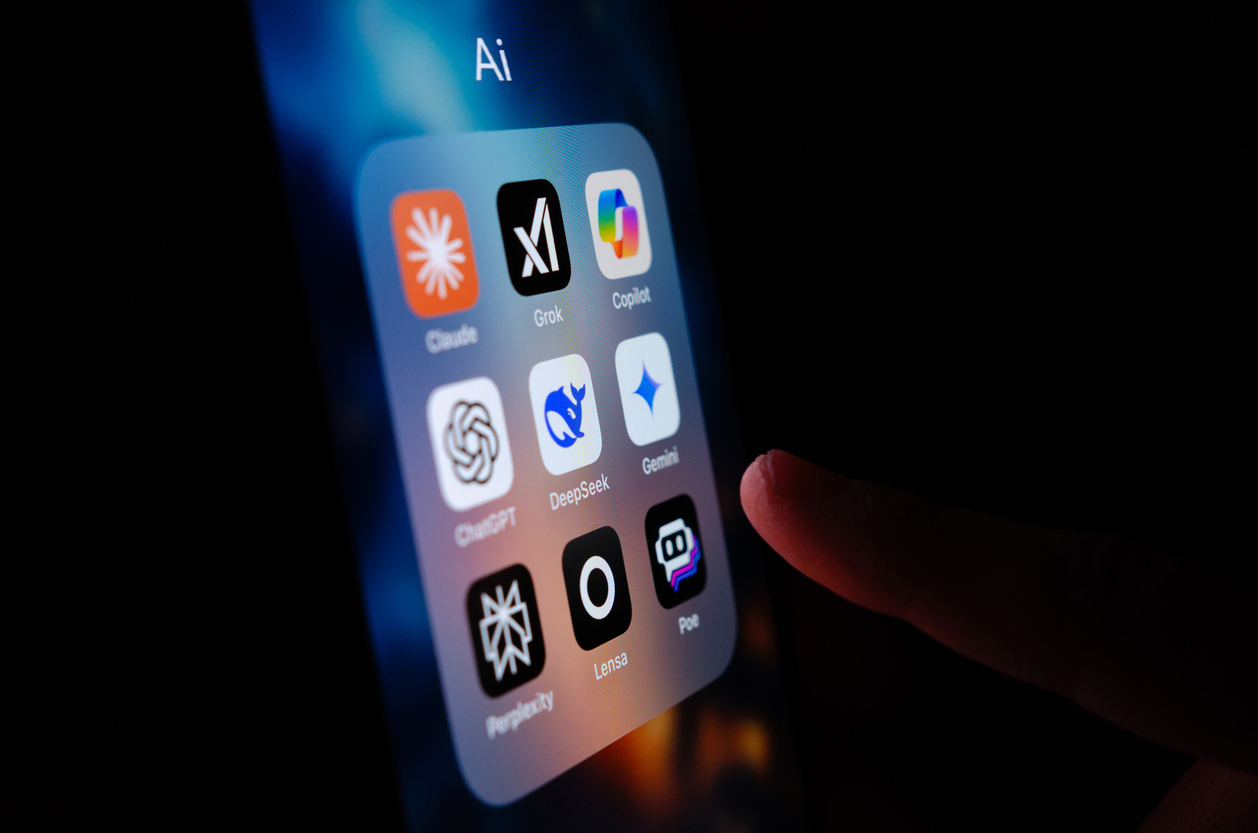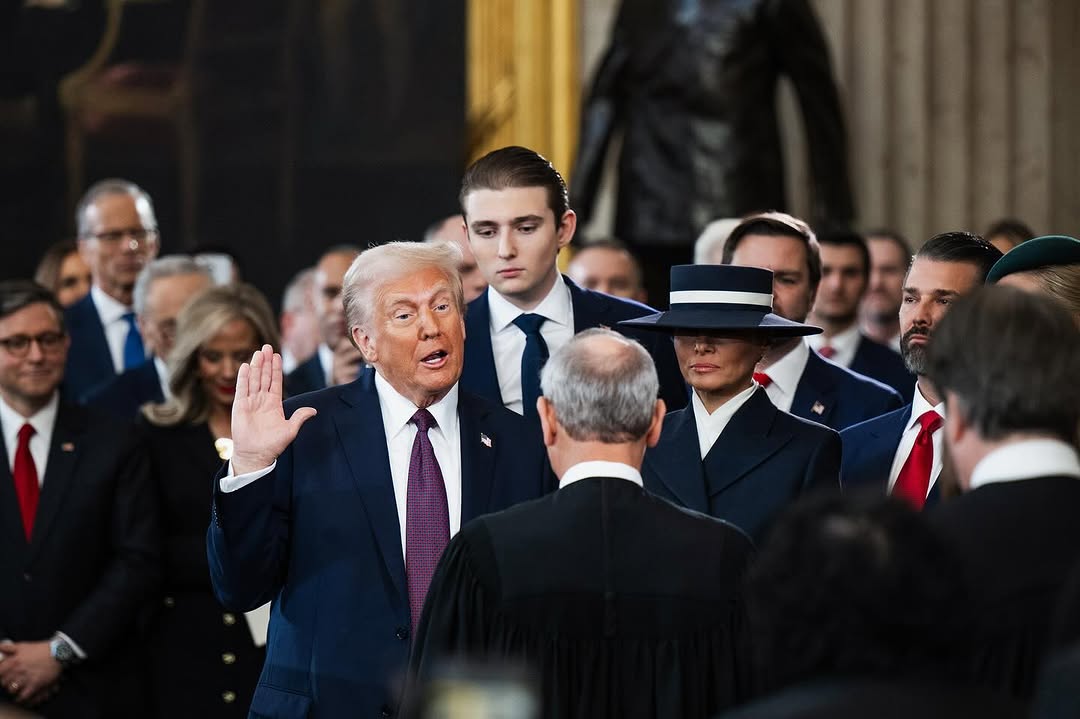All Articles
Can the US Prevent AGI from Being Stolen?
Securing AI weights from foreign adversaries would require a level of security never seen before.
AI Companies Want to Give You a New Job. Your Team? A Million AIs.
AI Frontiers spoke with leading researchers and a CEO building AI agents to explore how AI will reshape work—and whether the jobs of the future are ones we’ll actually want.
America First Meets Safety First
President Trump vowed to be a peacemaker. Striking an “AI deal” with China could define global security and his legacy.
AIs Are Disseminating Expert-Level Virology Skills
New research shows frontier models outperform human scientists in troubleshooting virology procedures—lowering barriers to the development of biological weapons.
Smokescreen: How Bad Evidence Is Used to Prevent AI Safety
Corporate capture of AI research—echoing the days of Big Tobacco—thwarts sensible policymaking.
We Need a New Kind of Insurance for AI Job Loss
AI is poised to leave a lot of us unemployed. We need to rethink social welfare.
Exporting H20 Chips to China Undermines America’s AI Edge
Continued sales of advanced AI chips allow China to deploy AI at massive scale.
How Applying Abundance Thinking to AI Can Help Us Flourish
Realizing AI’s full potential requires designing for opportunity—not just guarding against risk.
Why Racing to Artificial Superintelligence Would Undermine America’s National Security
Rather than rushing toward catastrophe, the US and China should recognize their shared interest in avoiding an ASI race.
AI Risk Management Can Learn a Lot From Other Industries
AI risk may have unique elements, but there is still a lot to be learned from cybersecurity, enterprise, financial, and environmental risk management.
Can We Stop Bad Actors From Manipulating AI?
AI is naturally prone to being tricked into behaving badly, but researchers are working hard to patch that weakness.
The Challenges of Governing AI Agents
Autonomous systems are being rapidly deployed, but governance efforts are still in their infancy.
.jpg)











